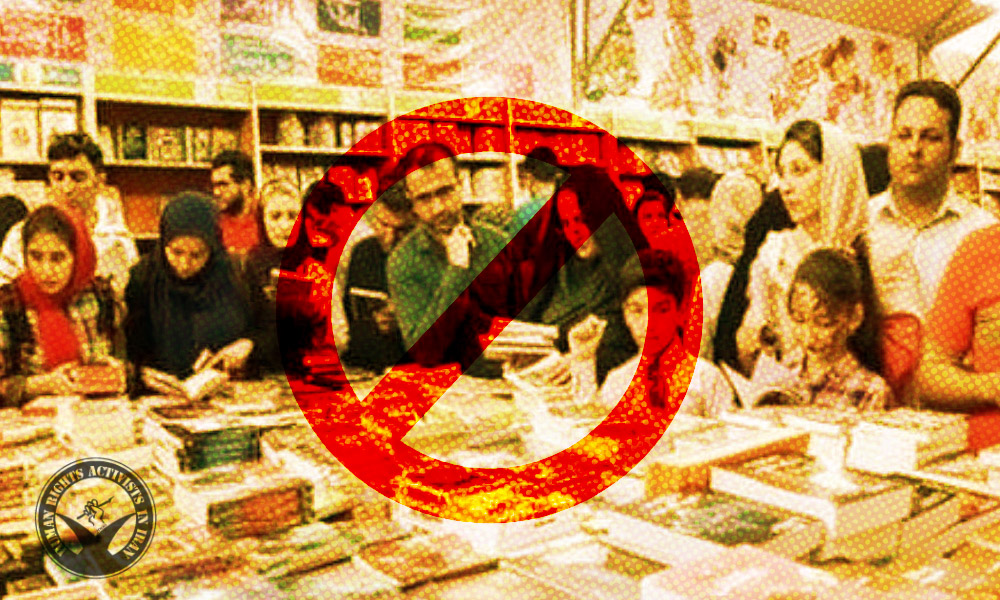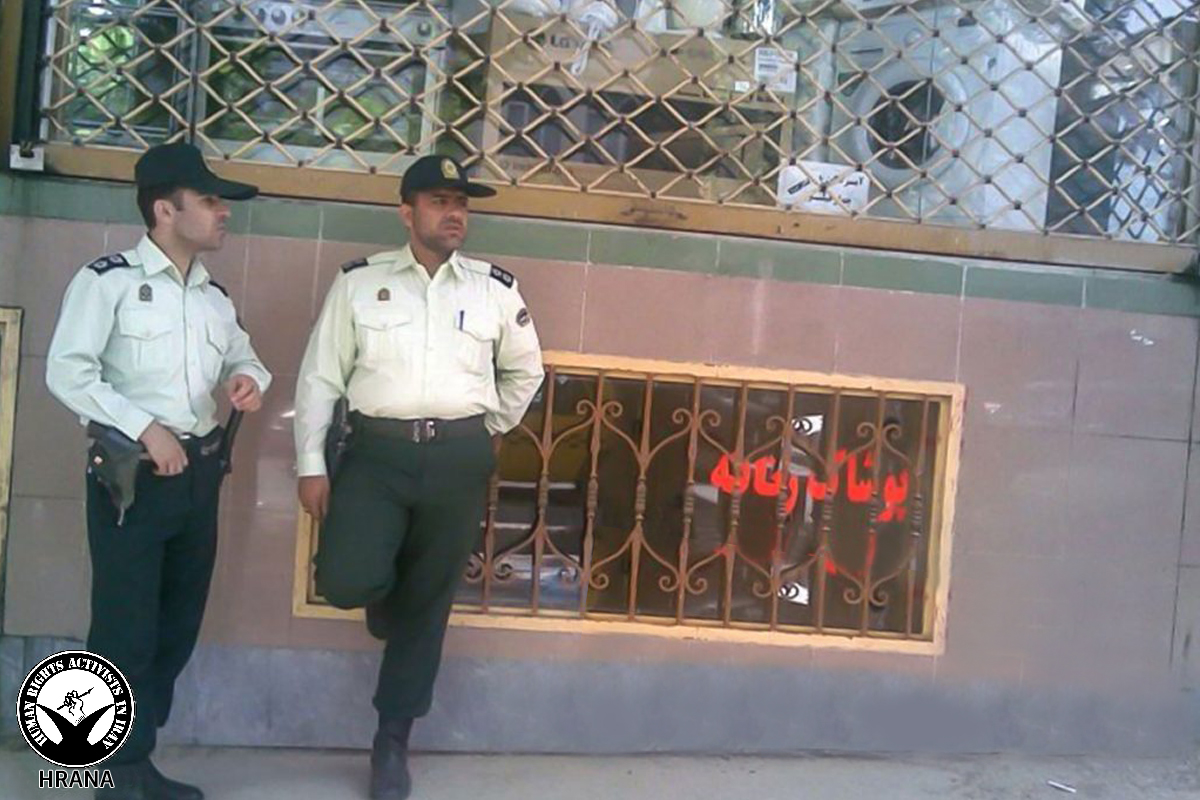Human Rights Activists News Agency (HRANA) – Iranian authorities continue to detain members of the country’s Kurdish minority, in mounting tensions sparked by the September 8th execution of Kurdish political prisoners Zanyar Moradi, Loghman Moradi, and Ramin Hossein Panahi.
Since September 11th, seventeen civil and political activists have been arrested by security forces in the Kurdish cities of Sanandaj, Marivan, Oshnavieh, Sardasht, and Ravansar. At least twelve were released on bail in the past 24 hours, while the whereabouts or statuses of the others remain unknown.
Earlier this week, Kurdish activists and political parties rallied on social media for a general strike in response to the untimely deaths of Moradi, Moradi, and Panahi, who were hanged to death in dubious circumstances on September 8th, according to HRANA reports.
Security attentions have since zeroed in on Kurdistan, Kermanshah, and West Azerbaijan since merchants of these provinces went on strike to protest the young men’s hangings, protests which are being met by civic arrests and spray-painted threats onto the merchant’s shuttered shops.
The omnipresence of security forces in various Kurdish cities, particularly in the wake of the executions and IRGC’s recent missile attack on Kurdish political parties, has contributed to a growing sense of insecurity for Iranian Kurds.
There is still no update on the whereabouts of Jafar Rasoulpour, who was arrested on September 11th in Sardasht, West Azerbaijan Province, nor on Bagher Safari, age 60, who was taken away on Wednesday September 11th by security forces in Ravansar, Kermanshah.
Khaled Hosseini, Mozafar Salehania, and Mokhtar Zarei, who were arrested by security forces in Sanandaj and transferred to the Central Prison of this city on Tuesday and Wednesday, have reportedly been released on bail. Suran Daneshvar and Aram Fathi, two other activists arrested on Tuesday in Marivan, have been transferred to the detention center of the Islamic Revolutionary Guard Corps (IRGC). Eight other Marivan arrestees have since been released on bail: Moslem Bahrami, Mohammad Azkat, Dalir Roshan, Ahmad Tabireh, Nishervan Rezaei, Nooshirvan Khoshnazar, Aram Amani and Ahsan Partovi.
Oshnavieh resident Rashid Naserzadeh was also detained on Tuesday, and released on bail a few hours later.
On September 13th, HRANA reported on the arrest of 13 civil activists in the Iranian Kurdish cities of Marivan, Oshnavieh, Sardasht, and Ravansar in connection to the merchant strikes. That day, Soraya Khadri, a civil activist from Sanandaj and a member of Kurdistan’s Rojyar Charity Foundation, was arrested by security forces and transferred to an unknown location. Though the reason for her arrest has yet to be confirmed, it is suspected to be tied to the strike crackdown.
Zanyar and Loghman Moradi were put on death row after Iranian authorities accused them of murdering the son of a Friday prayer leader in Marivan, a charge they have always denied. Censured by human rights organizations from the outset for its shoddy documentation and lack of evidence, the Moradi’s case was still incomplete at the time they were put to death.
The Moradis wrote an open letter, published in May 2017, detailing their ordeal along with case facts they alleged were constructed by the Ministry of Intelligence. The letter also described torture they experienced at the hands of authorities.
Ramin Hossein Panahi, the third executed Kurd, was tried and sentenced to death by Branch One of the Revolutionary Court in Sanandaj on a charge of “acting against national security by violating the rights of others” on January 16, 2018. His sentence was upheld in mid-April by the Supreme Court before being forwarded to the Execution of Sentences Unit.
Eventually, these three Kurdish political prisoners were executed on the morning of Saturday, September 8th, after having been transferred to solitary confinement in Karaj’s Rajai Shahr Prison.




